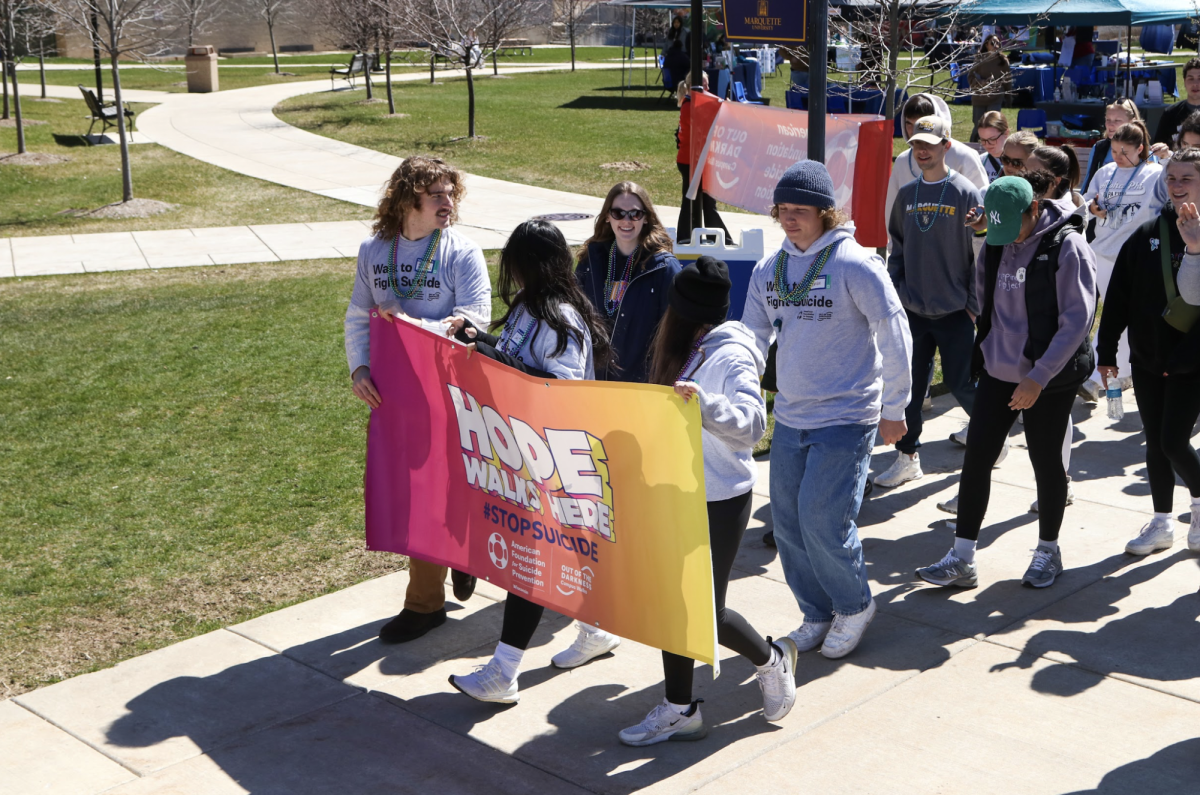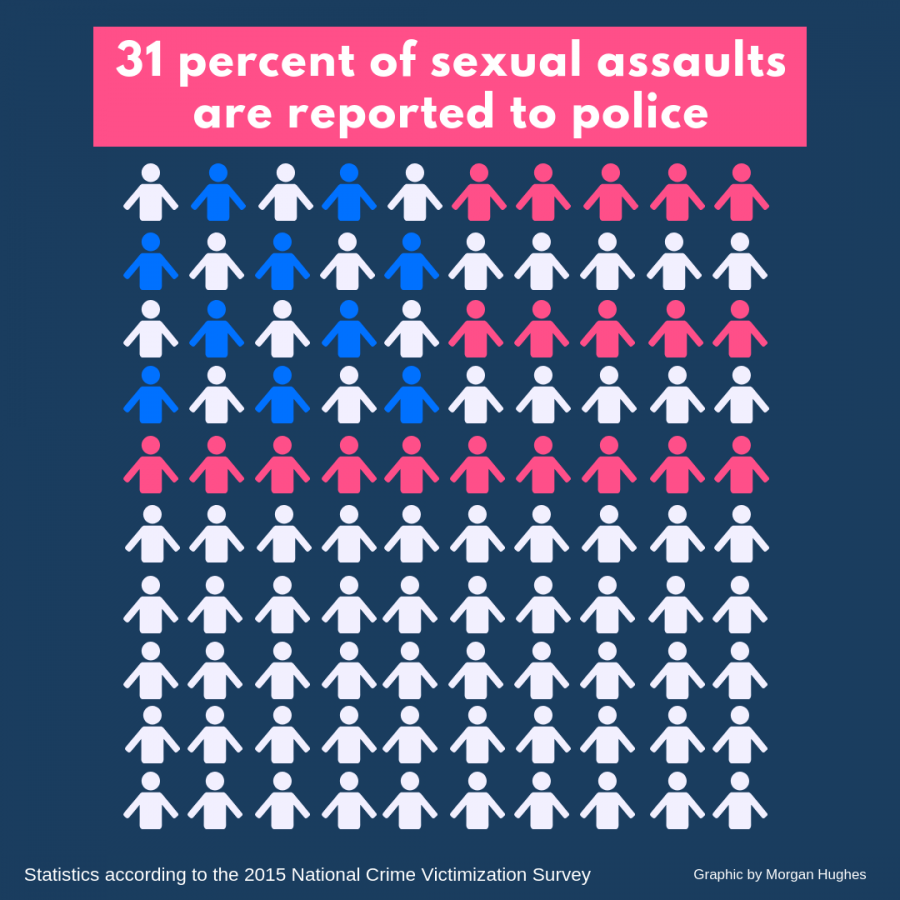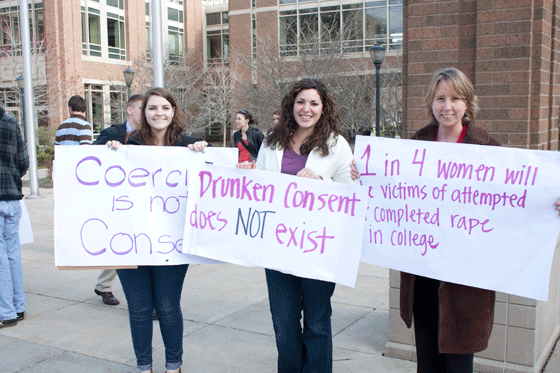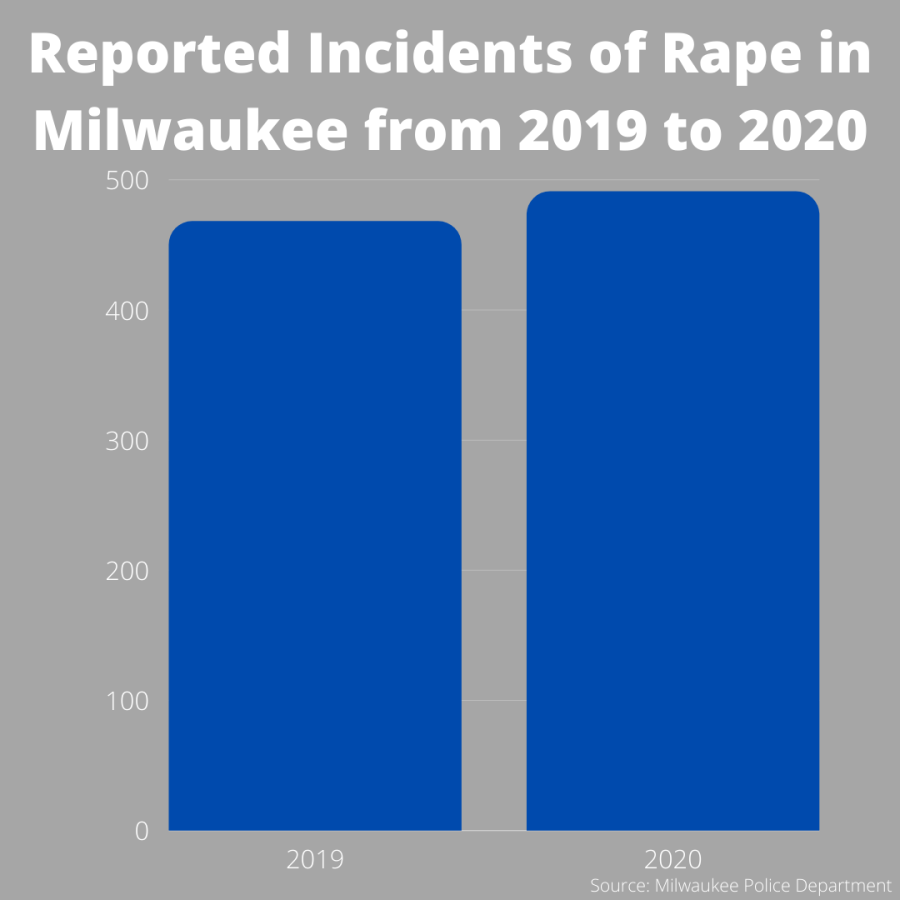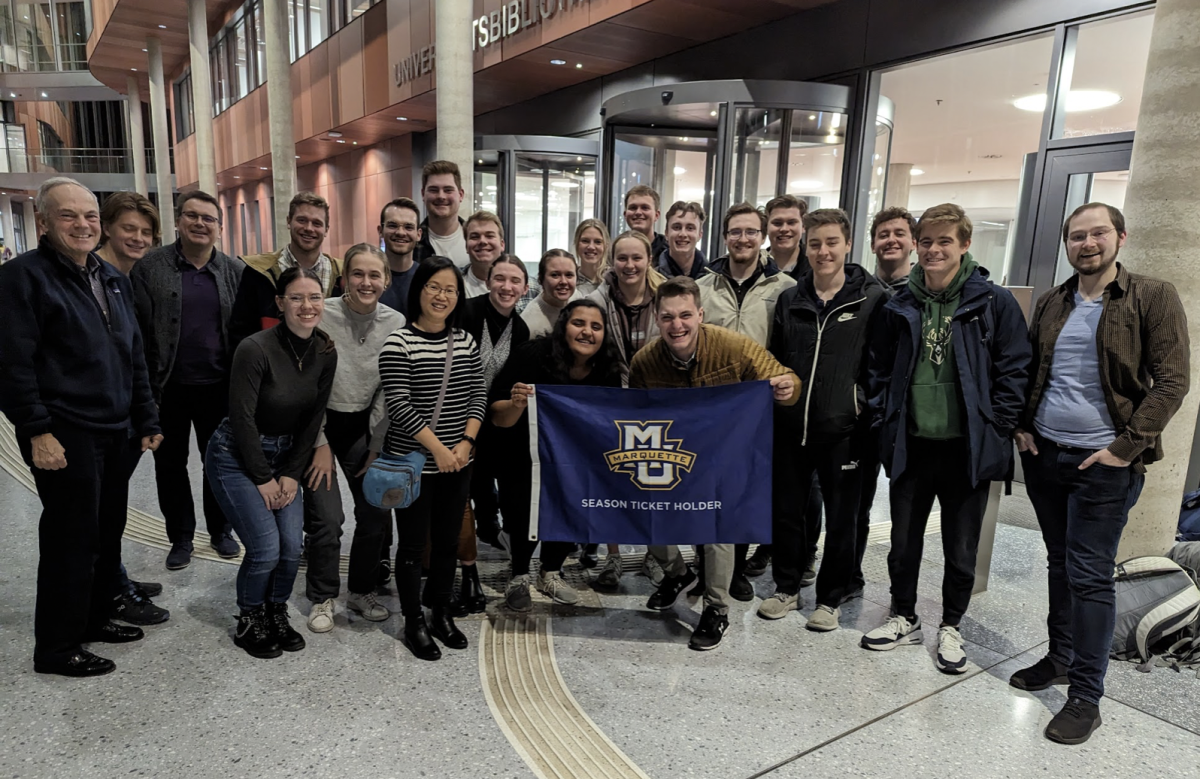 One of the only open conversations about sex on Marquette’s campus is the discussion about sexual assault. During April’s National Sexual Assault Awareness Month, Marquette makes a great public relations display by acknowledging the effects of sexual violence and offering support to victims. Beyond that, the university doesn’t address the problem much further.
One of the only open conversations about sex on Marquette’s campus is the discussion about sexual assault. During April’s National Sexual Assault Awareness Month, Marquette makes a great public relations display by acknowledging the effects of sexual violence and offering support to victims. Beyond that, the university doesn’t address the problem much further.
While the university is not ignoring the problem, these programs alone might not be in the best way to stop sexual assault on campus.
A couple weeks ago, I attended a Sexual Assault Prevention Training session required for my study abroad program. It was very similar to the one I completed while living in the residence halls my freshman year. During the program, we were reminded to stick with people we knew when drinking and to always monitor ourselves and our friends. Included in both presentations were ways to deal with sexual assault if it happened to you or someone close to you. The thing is, sexual assault can happen to anyone, no matter how careful you try to be.
While prevention training has the best intentions, it doesn’t address all sides of the issue. It makes sexual assault seem controllable, when the only person who has real control is the assailant. Training people to change their behavior so they do not become victims of sexual assault is not going to solve the problem.
Training appears to tell you what to expect from sexual assault – but the reality is unexpected. It just happens.
Forgotten in the university’s discussion of prevention and awareness is the question of what sexual assault is and how it is different from appropriate sexual activity. People assume these are starkly different ideas, but on college campuses, where hookups are just for fun and alcohol makes people more agreeable, wires get crossed. This leads to confusion for people who may have been victims and allows assailants to assume they have done nothing wrong.
We hear reports of sexual misconduct, but conversations about acceptable sexual conduct do not exist.
What is missing from sexual assault prevention and awareness on Marquette’s campus and in society is the discussion of what consensual sexual conduct is and at what point it becomes something else. Until this distinction is made and discussed, I think sexual assault will always be an unavoidable plague.
If this mysterious term cannot be clarified, no one can grasp what sexual assault actually means and why it is prevalent on college campuses. Often, this makes people who have experienced sexual assault unwilling to talk about it and makes perpetrators unaware of their crimes.
Along with awareness and prevention regarding sexual assault, Marquette should initiate conversations about sex on campus and what we can all do to pursue healthy sexual behavior. As a Jesuit university, it may seem taboo to talk about sex, but if we only talk about it when it is bad, we are not giving an accurate depiction of sex. Discomfort should not hold us back from establishing the good in light of a bad situation.
If we are willing to talk about the bad side to sexual activity, we should also try to understand the good. Establishing how sex can have a positive impact on our lives would broaden our knowledge and further our efforts to end sexual assault on and off campus.


